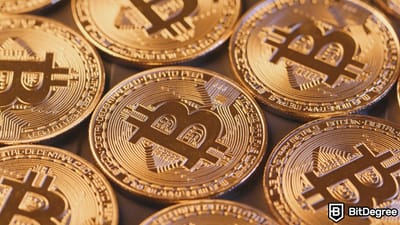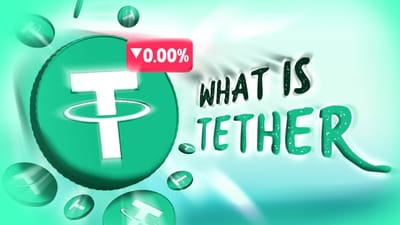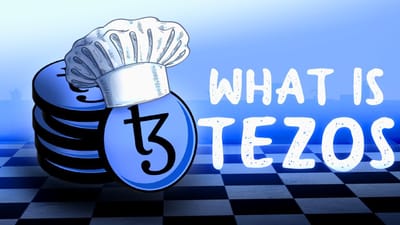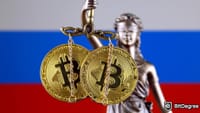Key Takeaways
- Reports that the Central Bank of Nigeria (CBN) ordered banks to monitor transactions on crypto exchanges were debunked;
- The CBN confirmed the circulated document was not from their office and advised verifying information through official channels only;
- The false letter's credibility was influenced by ongoing legal disputes between Nigerian authorities and crypto exchanges.
Recent reports claiming that the Central Bank of Nigeria (CBN) directed financial institutions to monitor transactions with crypto exchanges like Binance, Bybit, KuCoin, and OKX have been proven false.
The misinformation was based on a letter that circulated in media outlets, which the CBN confirmed did not originate from their office.

Did you know?
Want to get smarter & wealthier with crypto?
Subscribe - We publish new crypto explainer videos every week!
Is Your Crypto Safe? (5 Best Crypto Security Practices Explained)


The document instructed Deposit Money Banks (DMBs), Non-Bank Financial Institutions (NBFIs), Other Financial Institutions (OFIs), and the public to identify and monitor entities dealing with major crypto platforms, threatening severe penalties for non-compliance.
However, the CBN has officially denied these claims, stating that this information was fake and urged the public to rely only on official communications directly from their channels.
This episode highlights the importance of evaluating information and relying on trustworthy sources.
However, it is understandable why such documents would seem believable, especially in the context of legal disputes between crypto exchanges and Nigerian authorities, notably involving Binance.
Binance has faced accusations of enabling illegal money flows and manipulating the Nigerian naira.
The case took a turn when Nigerian authorities invited and then detained two Binance executives. One of these executives escaped custody and was later found in Kenya, awaiting potential extradition back to Nigeria. Meanwhile, the other executive remained in Nigeria and is now fighting money laundering charges.

























